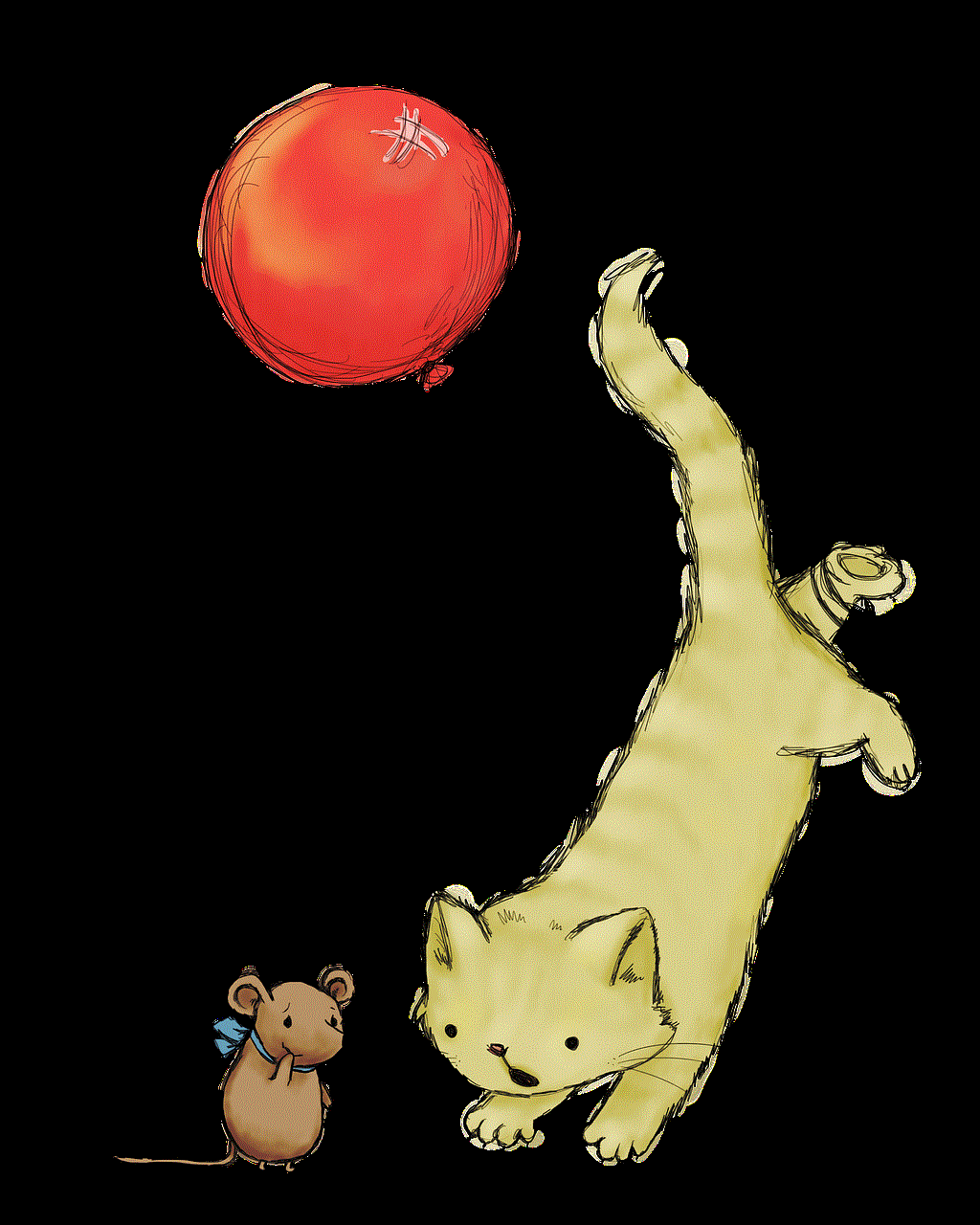call history check online
As we progress into the digital age, the way we communicate has drastically changed. Gone are the days where we would have to physically meet someone or send a letter to communicate with them. With the advent of technology, we can now simply pick up our phones and make a call to anyone, anywhere in the world. This has made our lives easier and more convenient. However, with this ease of communication, it has also become important to keep track of our call history. In this article, we will delve into the world of call history check online, how it works, and why it is important.
Firstly, let us understand what exactly is call history. Call history is a record of all the calls that have been made and received on a mobile or landline phone. It includes the date, time, duration, and number of the calls. This record is usually stored by the service provider and can be accessed by the phone user. However, with the increasing use of smartphones and the internet, call history can now be checked online.
The process of checking call history online is relatively simple. Most service providers have a dedicated section on their website or app where users can log in and view their call history. Users can also request for a detailed statement of their call history to be sent to them via email or mail. This statement will provide a detailed breakdown of all the calls made and received during a specific period of time. Some service providers also offer the option of downloading the call history in a spreadsheet format for easier analysis.
One of the main reasons why people would want to check their call history online is to keep track of their phone usage. With various phone plans offering limited calling minutes, it is important to keep track of how many minutes have been used to avoid going over the limit and incurring extra charges. By checking their call history online, users can keep track of their usage and plan their calls accordingly.
Another reason why call history check online is important is for security purposes. In case of any suspicious or fraudulent calls, users can refer to their call history to identify the caller and report it to the authorities. This can also be helpful in case of lost or stolen phones, as the call history can provide important information such as the last calls made and the location of the phone at the time of the call.
Call history check online can also be beneficial for businesses. With the rise of remote work and virtual meetings, businesses need to keep track of their employees’ phone usage. By checking call history online, businesses can monitor their employees’ call activities and ensure that they are using their work phones for official purposes only. This also helps in identifying any excessive phone usage and taking necessary actions to reduce costs.
Moreover, call history check online can be useful for personal reasons as well. Many individuals may want to keep track of their personal calls, especially if they have important or sensitive conversations. By checking their call history, users can ensure that no calls have been missed and also have a record of the date and time of the call for future reference. This can also come in handy for individuals who have a lot of contacts and may have trouble remembering when they last spoke to someone.
In addition to call history, some service providers also offer the option of checking message history online. This includes a record of all the text messages sent and received on the phone. Similar to call history, this can be useful for keeping track of important conversations and also for monitoring phone usage.
However, with the increasing concern for privacy, many people may have reservations about their call history being available online. It is important to note that service providers have strict privacy policies in place and ensure that customers’ data is kept safe and secure. Users can also take precautions by regularly changing their login passwords and not sharing their account details with anyone.
In conclusion, call history check online has become an essential tool in today’s digital world. It not only helps in managing phone usage and ensuring security, but also provides a convenient way to keep track of important conversations. With technology constantly evolving, we can expect more advanced features and options for call history check online in the future. However, it is important to use this tool responsibly and ensure the protection of our personal data.
heard past tense
The past tense is an essential element of the English language, used to describe actions or events that have already taken place. It is formed by adding -ed to the end of a regular verb, or by using an irregular verb form. We often hear the past tense used in everyday conversations, as well as in literature, movies, and historical accounts. In this article, we will explore the concept of the past tense and its usage in the English language.
Formation of the Past Tense
As mentioned earlier, the past tense is formed by adding -ed to the end of a regular verb. For example, the past tense of the verb ‘walk’ is ‘walked’. However, there are some rules that need to be followed when forming the past tense of irregular verbs. These verbs do not follow the same pattern as regular verbs and have their own unique forms. For instance, the past tense of the verb ‘go’ is ‘went’, and the past tense of ‘eat’ is ‘ate’.
Furthermore, there are also some verbs that have the same form for both present and past tense, such as ‘cut’. In such cases, it is important to consider the context in which the verb is being used to determine whether it is in the present or past tense.
Usage of the Past Tense
The past tense is primarily used to describe actions or events that have already happened. It is often used to narrate stories or to provide a detailed account of past events. For example, “I went to the store yesterday and bought some groceries” uses the past tense to describe an action that has already taken place.
Moreover, the past tense is also used to talk about past habits or routines. For instance, “I used to go for a run every morning” uses the past tense to describe a habitual action that was done in the past but is no longer being done in the present.
In addition, the past tense is used to express a sense of politeness or formality. For example, “I was wondering if you could help me with this” uses the past tense to make a request in a polite manner.
Narration and Storytelling
One of the most common uses of the past tense is in narration and storytelling. This tense is often used to tell a story that has already happened, whether it is a personal experience or a work of fiction. The past tense helps to create a sense of distance between the speaker and the events being described, making it easier for the listener to imagine and engage with the story.
Moreover, the past tense is also used in historical accounts to describe events from the past. It is an important tool in documenting and preserving history, as it allows us to understand and learn from past events.



Literature and Movies
The past tense is a crucial element in literature and movies. Most novels, short stories, and poems are written in the past tense as it helps to create a sense of nostalgia and reflection. It also allows the reader to immerse themselves in the story and connect with the characters and events.
Similarly, in movies, the past tense is used to tell a story that has already happened. It is often accompanied by flashback scenes, which help to provide background information and add depth to the story.
Expressing Regret or Remorse
The past tense is also used to express regret or remorse for past actions. For example, “I should have studied harder for that exam” uses the past tense to express regret for not putting in enough effort in the past. Similarly, “I wish I had apologized to her earlier” uses the past tense to express remorse for not taking action in the past.
Furthermore, the past tense is often used to apologize for something that has already happened. For instance, “I’m sorry I was late for our meeting” uses the past tense to acknowledge and apologize for an action that has already taken place.
Reporting and Quoting
The past tense is also commonly used in reporting and quoting. When reporting something that has been said or written in the past, the past tense is used to indicate that the information is not current. For example, “She said she would be here at 5 pm” uses the past tense to report what someone said in the past.
Similarly, when quoting someone, the past tense is used to indicate that the words were spoken in the past. For example, “He said, ‘I will never forget this moment'” uses the past tense to quote someone’s words from the past.
Conditional Sentences
The past tense is also used in conditional sentences, where the outcome of a present or future action depends on a past action. For example, “If I had studied harder, I would have passed the exam” uses the past tense to describe a hypothetical situation in the past and its potential outcome.
Moreover, the past tense is also used in the second and third conditional sentences. In the second conditional, the past tense is used to describe an unreal or unlikely situation in the present. For instance, “If I won the lottery, I would travel the world”. Similarly, in the third conditional, the past tense is used to describe an unreal or impossible situation in the past. For example, “If I had known about the party, I would have attended it”.



Conclusion
In conclusion, the past tense is an essential element of the English language, used to describe actions and events that have already taken place. It is formed by adding -ed to the end of regular verbs or by using a unique form for irregular verbs. The past tense is used in various contexts, including narration and storytelling, expressing regret or remorse, reporting and quoting, and in conditional sentences. It is also a key component in literature, movies, and historical accounts. Understanding the past tense is crucial in developing strong communication skills and effectively conveying information.
what does slag mean in slang
Slang is an ever-evolving aspect of language that is constantly being created, used, and adapted by different groups and communities. It is a way for people to express themselves in a casual and informal manner, often used to convey humor, sarcasm, or attitude. One such word that has become popular in slang vocabulary is “slag”. This term has a long history and a variety of meanings, depending on the context in which it is used. In this article, we will explore the origins, evolution, and current usage of the word “slag” in slang.
The word “slag” has its roots in the Old English word “slæg”, which means “to strike”. In the early 18th century, it was used to describe the waste material left over from the smelting of metals. This waste material was often considered useless and was discarded. However, in the late 19th century, the term “slag” took on a new meaning when it began to be used to describe a promiscuous woman. This usage is believed to have originated in the British mining towns, where men would use the term to refer to women who were seen as “loose” or “easy”. This derogatory usage of the word continued well into the 20th century.
In the mid-20th century, the term “slag” began to be used in the UK as a slang term for a person who was not well-liked or was deemed to be of low quality. This usage is believed to have originated from the waste material meaning of the word, as it was used to describe something that was unwanted or undesirable. This usage is still prevalent today, with the term being used to describe someone who is unpleasant, rude, or disliked.
However, in the early 2000s, the word “slag” began to take on a new meaning in the UK, particularly among the younger generation. It started to be used as a derogatory term for a person who was considered to be promiscuous, similar to its original usage. This new meaning of “slag” became popularized through the media, particularly in reality TV shows and magazines. The term was often used to describe women who were seen as “easy” or “sleeping around”. This usage of the word was controversial and sparked debates about misogyny and the objectification of women in society.
The popularity of the word “slag” in this context has led to its widespread usage among young people in the UK. It is often used in casual conversations, both in person and online, to refer to promiscuous women. This usage of the word has also spread to other parts of the world, particularly in English-speaking countries, where it is used in a similar manner. However, it is important to note that the usage of the word “slag” in this context is considered offensive and derogatory, and it perpetuates harmful stereotypes about women.
In addition to its usage to describe promiscuous women, the word “slag” has also taken on other meanings in slang. In some communities, it is used as a synonym for “friend” or “mate”, similar to how the word “bro” is used. This usage is believed to have originated from the word “slang”, which is used to refer to informal and non-standard language. It is also used as a verb, meaning to flirt or hit on someone. This usage is more commonly seen in American slang.
Another interesting usage of the word “slag” is in the context of insults or comebacks. It is often used as an insult to someone who is acting in an unpleasant or rude manner. For example, if someone is being rude or obnoxious, they may be called a “slag” as a way to put them in their place. Similarly, it can also be used as a comeback to someone who has insulted you, implying that their words have no effect on you. This usage of the word is more commonly seen in British slang.
Apart from its usage in English, the word “slag” has also been adapted into other languages. In Spanish, it is spelled as “slag” and is used to refer to a promiscuous woman. In Dutch, it is spelled as “slet” and has a similar meaning. In French, it is spelled as “salope” and is used as a derogatory term for a woman who is perceived to be promiscuous.
In recent years, there has been a push to remove the word “slag” from slang vocabulary due to its offensive and derogatory nature. Some argue that its usage promotes slut-shaming and contributes to a culture of misogyny. However, others argue that it has become a part of modern slang and is used casually without any harm intended. As with most slang terms, its usage and acceptance vary depending on the context and the individuals involved.



In conclusion, the word “slag” has a long history and a variety of meanings, depending on its usage. Its origins can be traced back to the Old English word “slæg”, and it has evolved to have different connotations in different contexts. In modern slang, it is primarily used to refer to a promiscuous woman, but it also has other meanings such as an insult, a synonym for “friend”, and a verb. While its usage is controversial and has sparked debates, it remains a popular term in slang vocabulary, particularly among young people. As with any slang term, it is important to understand the context in which it is used and to be mindful of its potential to offend.